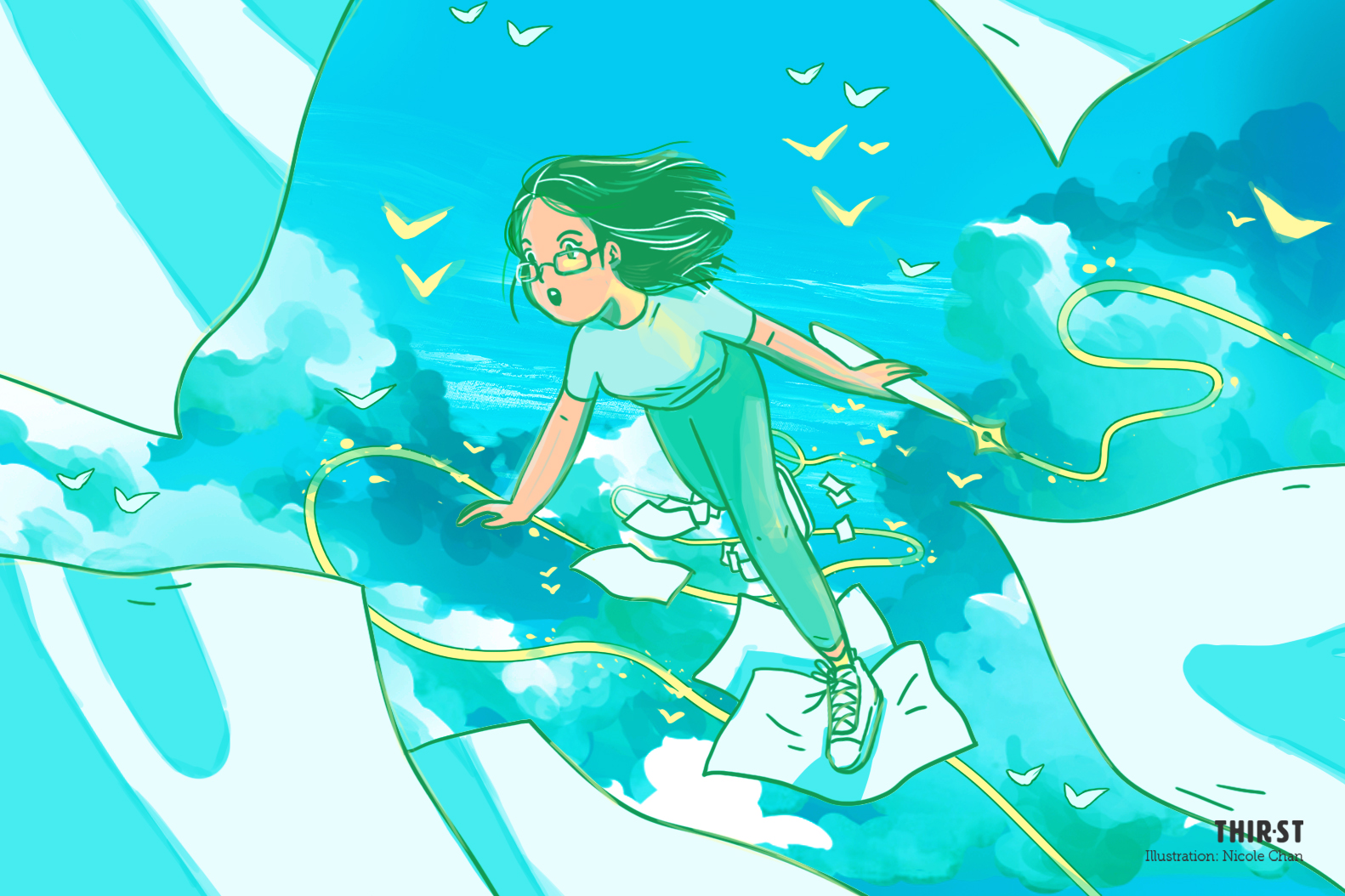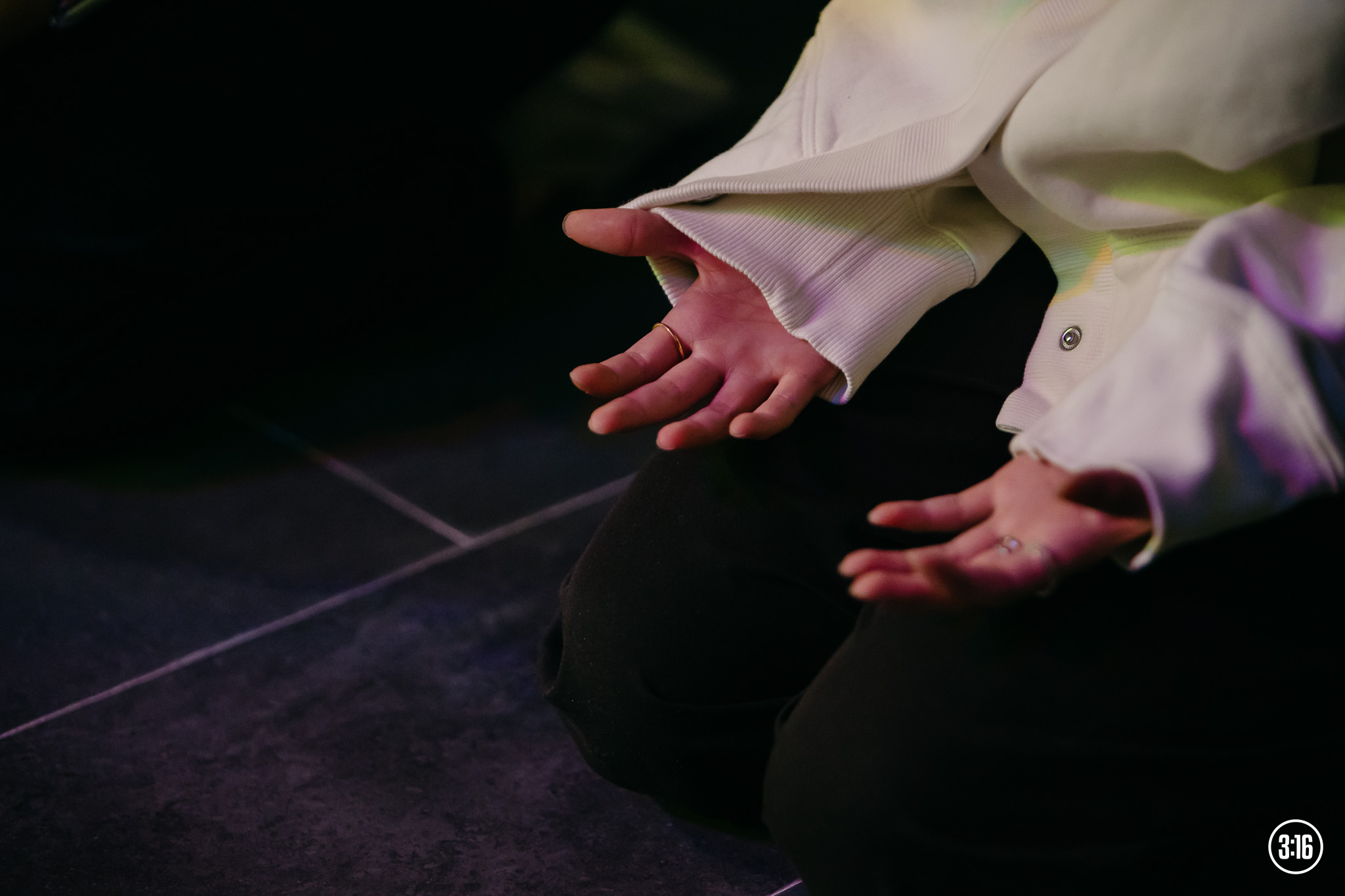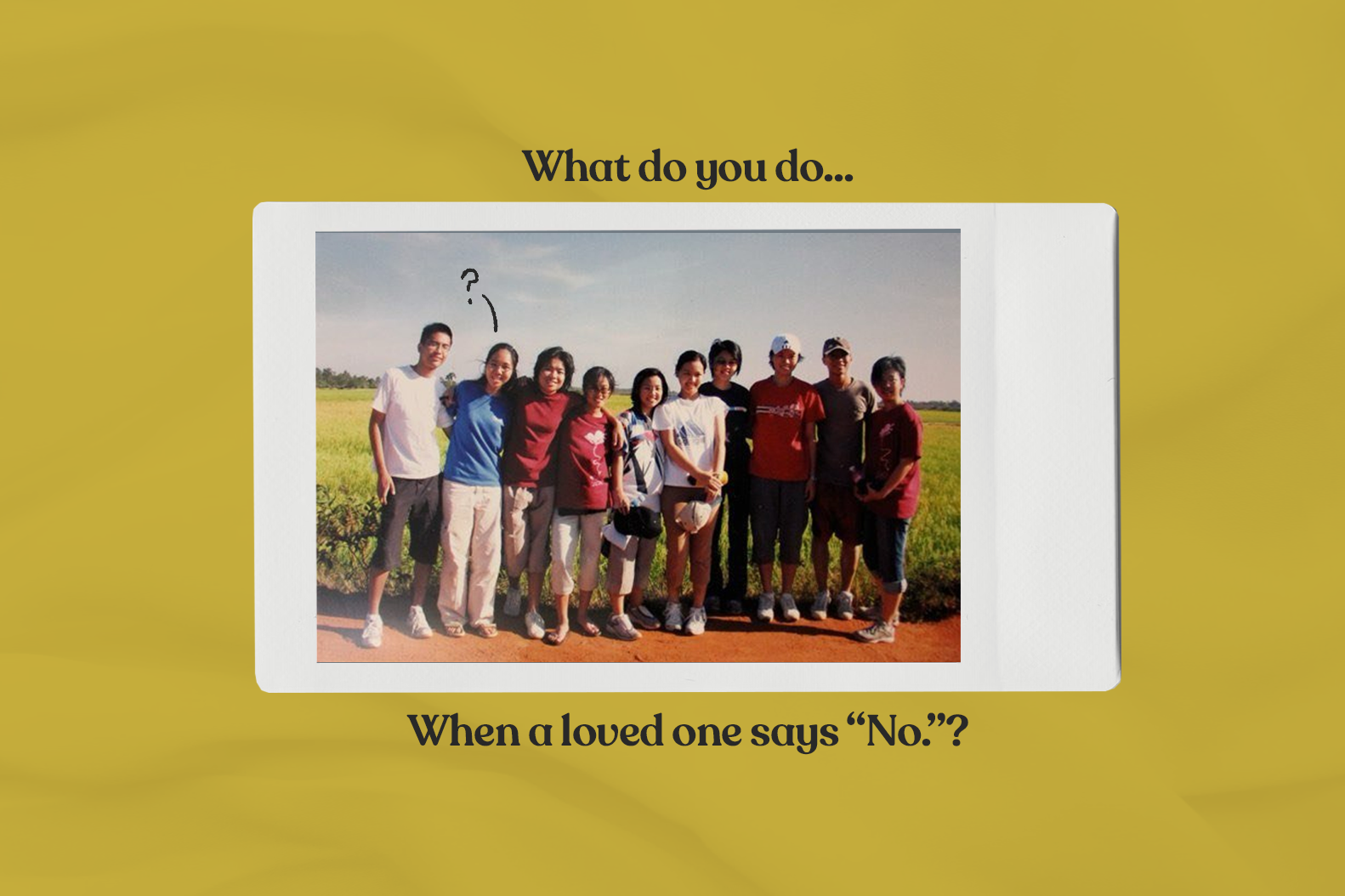Ever since I discovered my love for writing stories, it has always been my dream to publish a book one day.
That’s why I pursued a creative writing course in my studies as part of my journey to grow as a writer. It was a path that saw me take up a writing internship.
I have to say, though, that writing for a real audience was more different than I expected.
I write stories in my downtime, and those have always been for my own eyes, so full creative freedom was guaranteed with my only limit being my imagination.
Now many people would be reading my work! Not only that, but my drafts would be edited by someone else.
I also had to adjust to pitching new ideas every week. I found I had a disadvantage in pitching stories because of my age or lack of experience.
Indeed, shortly after two months, I had run out of my own stories.
CREDIT AND COMPARISONS
I remember how happy I felt when my first article was published, and I also remember how short-lived that happiness was.
The story was based off a sharing from the keynote speaker at a conference. But when the article was published, it looked different from the draft I submitted.
The number of pieces I was assigned to increased steadily over time, but the one thing they had in common was how I felt that they weren’t my handiwork after they were put up for others to read.
My articles weren’t up to the standard of writing that I had set for myself. I was constantly unsatisfied with my work. I felt that the name on the byline shouldn’t have been mine.
The credit didn’t rightfully belong to me.
It made me uncertain of my skills, especially when I was given references to read from like previous articles published on the website.
I did my best to structure the pieces according to their style, but it became a habit to place my draft beside the published piece, and then draw comparisons between it and what I had written.
Can’t you phrase this better? You’ve used this word too many times. Write something else.
Such doubts plagued my mind the second I started typing; I wanted to abandon my keyboard as soon as possible.
It got so bad that at one point, I was seriously reconsidering signing on to be a design intern instead.

Oddly enough, I didn’t think to pray and tell God how I felt. The only people I told were my friends, seeing as they were going through internships too.
But even then, God knew. It was during one of my quiet time sessions when I heard a voice that encouraged me: “Instead of comparing, try to learn something.”
The passage of scripture I was reading was one of Paul’s letters where he wrote about what it meant to persevere in our sufferings, in Romans 5:3-5.
At first, I thought the passage was completely unrelated to what I was going through.
I didn’t realise that “suffering” could mean struggling even in the small things. And I was experiencing it because in what I loved to do: writing.
“Instead of comparing, try to learn something.”
I mulled over God’s advice for a long time after that. As I mentioned before, there was a standard that I had set for myself, but it was always out of reach.
And it was because I kept thinking other people were better than I was, so much so that I believed my own writing was bad.
But I had forgotten that God is the one who gave me this talent. For that reason, He would want me to enjoy it, not feel pressured to constantly “do better”.
As such, I decided to give myself a break.
I stopped writing in my free time, just temporarily, and went back to reading instead.
From hardcopy books to online stories, I trained myself to observe the way others used words and phrases, rather than try to copy them.
I couldn’t even if I tried. Each author had a unique way of stringing their words together that defined them.
Learning was a surprisingly refreshing process. I had fun memorising new vocabulary, identifying what made for a good plot and simply falling in love with stories all over again.
It’s about learning what I can from those with more experience, and having a teachable heart.
Both my supervisor and lecturer helped me realise that what I was feeling was normal.
There are many different kinds of writing: creative writing for fiction, journalistic pieces, first person opinion pieces and third person accounts of someone else’s story.
All of them require a different style, so what I need to do is study what has been edited, learn and use the critiques I receive to get better.
The biggest lesson God taught me is that I shouldn’t be striving to be better than someone else. It’s about learning what I can from those with more experience, and having a teachable heart.
As of right now, I’m still learning and growing, which is the whole intention of this internship. These are three things I’ve learned from my experience on that note, which I hope you will take with you as this article draws to a close.
3 INTERNSHIP TAKEAWAYS
1. Steward your talents
Ask God how He can use your gifts to serve His kingdom.
I was just writing for myself at the start. Stories were just an outlet for me to unleash my own imagination. But only I could read them.
Similar to the parable of the bags of gold in Matthew 25:14-30. The third servant did nothing with the one talent his master had given him, not investing in it wisely like the other two had.
It wasn’t until I shared about personal encounters with God on my Instagram account that I saw my writing could encourage my friends.
This was back in secondary school, when my youth ministry started a hashtag for us to share our reflections, in the hopes of inspiring someone else.
Some of my church friends commented on my posts. It was so refreshing to see that when I used my gift to serve God’s people, it had an impact.
I finally understood why the two servants who had put their money to work were praised by their master for being faithful.
All of our talents come from God. As His faithful servants, we should do our best to use them well to further His kingdom work.
2. Stay teachable
One thing that’s constant in life is learning. Jesus encourages us to learn from Him in how he served others: “I have set you an example that you should do as I have done for you” (John 13:15).
That passage was about Jesus washing the feet of the disciples. When He told them that He had set an example for them to learn, He meant that they should wash each other’s feet, which means to serve others humbly the way Jesus had done.
I had to learn to lay down my own pride when I went back to reading.
While I did think that I wasn’t an amateur at writing, I had to learn to accept that there are many other writers and authors who have more experience in the field than me.
What I needed to have is a heart that is teachable, to learn whatever I can from any situation I found myself in.
3. Don’t allow discouragement to consume you
Burnouts, feeling stressed or stuck are completely normal – but don’t stay where you are and let the feeling overtake you.
Writing through the burnout felt like a chore. I needed to get myself away from the keyboard for a while, just to take a break, so it didn’t feel like I was tiring myself out.
Aside from reading, playing the piano helped me to relax. Since I memorised the pieces, I didn’t have to think too much while playing either – I could just press the keys down to my heart’s content.
Go on a walk to clear your head, listen to music, read, take some time off… do whatever you have to so you can get yourself back on your feet again!
Don’t be hesitant about praying to God about it too. He’ll provide you with all the help and inspiration you need to keep moving forward.
- Have you ever faced a time where you’ve felt small or underequipped to take on a task?
- What might God have taught you through that period?
- How might the lessons learned then impact what you are doing now?
- Know someone who is facing a tough time in their work or internship? Reach out this week with a little encouragement 🙂









